Charles Pakana (Victorian Aboriginal News): On the 28th of November last year, after consultation with representatives of the referendum’s Yes and No campaigns, the National Party of Australia confirmed that it would oppose the Australian Labor Party’s proposal to establish an Aboriginal and Torres Strait Islander Voice to Parliament enshrined in the Constitution. Joining me now to talk about that on the Referendum 23 Tapes is the federal member of the Queensland seat of Maranoa, and the leader of the National Party, David Littleproud. David, welcome to the program.
David Littleproud, MP: Yeah, thanks for having me.
Charles: David, in November last year, you’re quoted by the Australian Financial Review as saying, “We believe in empowering local Indigenous communities, giving them power at a local level.” What then is your party’s stand or view on the concept of 35 local and regional voices as put forward in the Indigenous Voice co-design process’s final report to the government?
David: Yeah. Well, 35 voices, local voices might cover local communities that’ll be hundreds of thousands of square kilometres. You look at the area that I just represent in Western Queensland, it’s 10% of the Australian land mass. And you are saying that a community in Warwick will have the same challenges and the same opportunities as that in Cunnamulla, or in Longreach, or for that case up in Mount Isa?
The reality is we need to empower the local communities, and that can be done at a local level, not by having a representative that will be covering hundreds of thousands of square kilometres with hundreds of different communities with vastly different challenges and opportunities. It’ll work in Redfern, I grant you. But if we’re genuine about closing the gap, this is about empowering the local community, where I’ve seen where you have your local council and your local elders design and create individual programs that go to the very heart of the disadvantage where it is.
And we’ve gone down a representative body before. We’ve had that. And where the National Party got was we just didn’t believe that another layer of bureaucracy would actually help close the gap in those communities, the disadvantaged, particularly in the rural and remote ones that we represent.
So there’s no malice in our decision not to support the model that the government’s put up. It’s a genuine intent to close the gap. But this is about a better bureaucracy, not a bigger bureaucracy, and making sure that the bureaucracy actually are out in those communities and designed to that specific community, whether it be in Cunnamulla, whether it be in Wilcannia, or whether it be Carnarvon in Western Australia. And even those that we consulted, particularly in the Yes, their frustration was around the bureaucracy, about the way that they actually engaged. And governments of all persuasions have got this wrong by having national approaches to programs to close the gap.
They’ve got to be specific to that community, because if the community doesn’t have buy-in, if they don’t have design, then they don’t actually achieve anything, because the community hasn’t designed, it’s been thrust upon them.
Charles: But given that there hasn’t really been any definite construct for the local and regional voices, I mean, this was proposed by Professors Calma and Langton in their report, and the referendum working group is working towards ways that this could be achieved, isn’t it feasible that those voices from these local, these remote areas could be represented and even present within those local and regional voices?
David: But they already are. There’s over 1,000 representative Indigenous bodies to government as we stand at the moment. Adding another one over the top of that won’t work. In fact, it’ll take away some of the good work that some of those very local organisations are doing in designing what are the programs to close the disadvantage. And I think it’s important also acknowledge that we have closed some of the disadvantage. And I’ve seen that even in my own electorate, where we’ve empowered a local town and a council and the Indigenous elders in those towns to design those programs. That’s where we see the best, not someone that might be living hundreds of kilometres away, sometimes thousands of kilometres away to come back and say, “Oh, we will impose this on you.” This is another layer of bureaucracy about making sure that really we’re doing much of the same.
The other issue that I have with this is that where’s the ambitious goal in all this to say that we will have closed the gap in these communities by 2030, 2035, 2040? That’s the real challenge that I have around this. And to be honest with you, if the Prime Minister had come to the National Party and said, “We believe in constitutional recognition and we’re going to enshrine that in the Constitution, in the preamble … in saying that Indigenous Australians were here first, we’re a better country together, we made some mistakes, but we’ll be better together,” I sense my party room would’ve supported that. That would’ve been the constitutional recognition that I think nearly all my party room would’ve jumped at.
But we just come to this with lived experience of a representative body before that hasn’t worked. And particularly in the rural and remote areas where they are so diverse and so far apart, it simply is just another layer of bureaucracy rather than the bureaucracy being told to get off their rear end out of Canberra and not leave, whether it be Alice Springs, whether it be Carnarvon, whether it be …or Cunnamulla. Until they’ve actually designed with the local elders and the council on the ground there what those programs are like, that’s how you close the gap. That’s how you get results. And that’s all we’re saying. That’s the philosophical difference we have with the government.
Charles: All right, well, let’s jump now then to elected representatives, the First Nations members of Parliament and members of the Upper House, as well. You’ve also mentioned that the Voice devalues elected Indigenous members to Parliament. So in what way is it seen that that devaluation you mentioned would actually come about? Because surely they’re there, yes, with that First Nations experience and voice, but they’re there also to represent their broader community, Black, white, whatever they are, surely.
David: Well, that’s exactly the point we’re making, that there are 227 voices to the Australian Parliament, whether they be senators or whether they be in the House of Representatives. And I take the voice that I take to Canberra, and not just for Indigenous Australians, but for anybody that lives in the electorate of Maranoa, but as the Nationals leader of anyone that lives in rural, regional and remote Australia. I take that very seriously. And as being a minister of the Crown previously, Cabinet minister, I know that you have the power and the opportunity to shift the dial on opportunities, but that’s not devised from Canberra, that’s not devised by one or two individuals. That’s devised by a community. And that’s where I’ve seen this firsthand in my own community where they had been empowered, the community; not someone from away that wasn’t me. My job’s to facilitate it. But proudly, we’ve already got 11 Indigenous representatives to this Parliament that don’t just represent Indigenous Australians, they represent all Australians. …
Charles: So how are they devalued, though?
David: So, I don’t think I’ve used the word devalued. The essence that I’ve been saying is that the 227 voices are there. They are already there to represent Indigenous Australians, as they are to represent all those Australians. We are equal in this country. There is disadvantage in some communities, particularly in Indigenous communities. And as well as with white communities, there are some disadvantages well. So that’s where our elected officials take that voice of that disadvantage to work through the executive form of government to get the results. But to say that we’re just there to represent one race, colour, or creed in this country is something that goes against everything that we’ve stood for as a country.
Now, I’m saying that I take my job seriously. And to say that I don’t, I think is an affront to what I’ve been able to achieve for not just Indigenous communities in my electorate, but for all people that live in Maranoa. And I’m sure that every member of Parliament, no matter whether in the city or in the country, they take their job serious in representing Indigenous Australians in some of the disadvantage that they’ve faced up to that is more prevalent to them in designing those programs. But that comes at the local level, and that’s all we’re saying. We just want to be respectful about this. If we want to make sure that we constitutionally recognise, we can do it. But adding another layer of bureaucracy is not the way to do it.
Charles: Well, aside from what we’ve already discussed, you’ve mentioned that there are crucial questions remaining unanswered by the federal government. Now, this has also been stated time and time again by leader of the Liberals, Peter Dutton. So what are some of those questions? And if they were to be answered to your satisfaction, do you believe there is a possibility that the National Party may change its stance?
David: No. Well, I’ll disagree with you again there. We haven’t asked for any further questions because I think the government, through the co-design report, has been very upfront. So the Nationals made and predicated their decision off that report and off the consultation we had with both the yes and no case. If the Liberal party has posed further questions, and they’re welcome to do that, but we’ve got to the position that we’ve had a representative body before and it didn’t shift the dial in closing the gap in particularly the rural and remote areas that we represent. So we look at that uniquely. There’s no malice. The genuine intent of the Nationals is to close the gap on that. So as far as we’re concerned, what the government has put up and has put up through the co-design report, we’ve taken on face value, that’s what it’s been.
And in all honesty, I think the Prime Minister has been very honest about that. I think he’s made it very clear. And that’s why the Nationals were able to get to their decision. If the Liberals want to try and ask further questions to get comfort one way or another, that’s a matter for them that they’re a different party to us. But I respect the Prime Minister’s been up front.
And I’ve got to say, despite us having a disagreement in the philosophy of how we want to achieve this, I got to say I congratulate the Prime Minister of trying to move this forward. He’s comes to this the same way as the National Party does, with genuine intent. There are two different issues. One’s about constitutional recognition. The second part is about closing a gap. We don’t think that how they’ve put it forward will adequately close the gap. If he wanted to come with a different question and if the Prime Minister was to come back to the National Party, which goes to the heart of your question with, if he was to say, “Well, let’s put this in the preamble, that Indigenous Australians were here first, we made some mistakes, but we’re a better country together and we’ll be a better country together if we stick together,” then I sense my party room would support that.
Charles: You have mentioned … And I will state that when I mentioned that you’d said previous, there were crucial questions remaining unanswered, that actually was direct from the National Party website and the statement dated the 28th of November. So just putting that on the table there.
David: Yeah, yeah. No, it’s fine.
Charles: With regard to a conscience vote, you have stated categorically that this is a deeply personal matter for individuals. Do you see that there is any chance that you would provide an opportunity for your members the ability to make a conscience vote, or are they going to be requested to follow party lines?
David: No. So, you’ve got to understand the culture of the National Party. The culture of the National Party is that you do follow your conscience. We are effectively rural independents that come together, that are like-minded. And there has never been an issue with any member of the National Party crossing the floor. That’s the diversity that we actually encourage in the National Party, because we understand that regional Australia in Maranoa is different to that as it is in Nicholls, in Victoria, as it is to that in Alice Springs. And so I shouldn’t be imposing the will of what’s needed in regional Queensland across those in regional NT or in Victoria, or New South Wales.
So the National Party’s always enjoyed that. And in fact, one of our members, Andrew Gee, he was quite welcome, and I made it very clear to him that he was more than welcome to cross the floor on this, as we saw on other key issues like the nett zero, some of our members didn’t agree with net zero. So that’s what the National Party enjoys. So on this matter, apart from Andrew Gee, the party room was in sync because of the lived experience that we’ve had.
Charles: David Littleproud, leader of the National Party, thank you so much indeed for your time.
David: Thanks for having me.


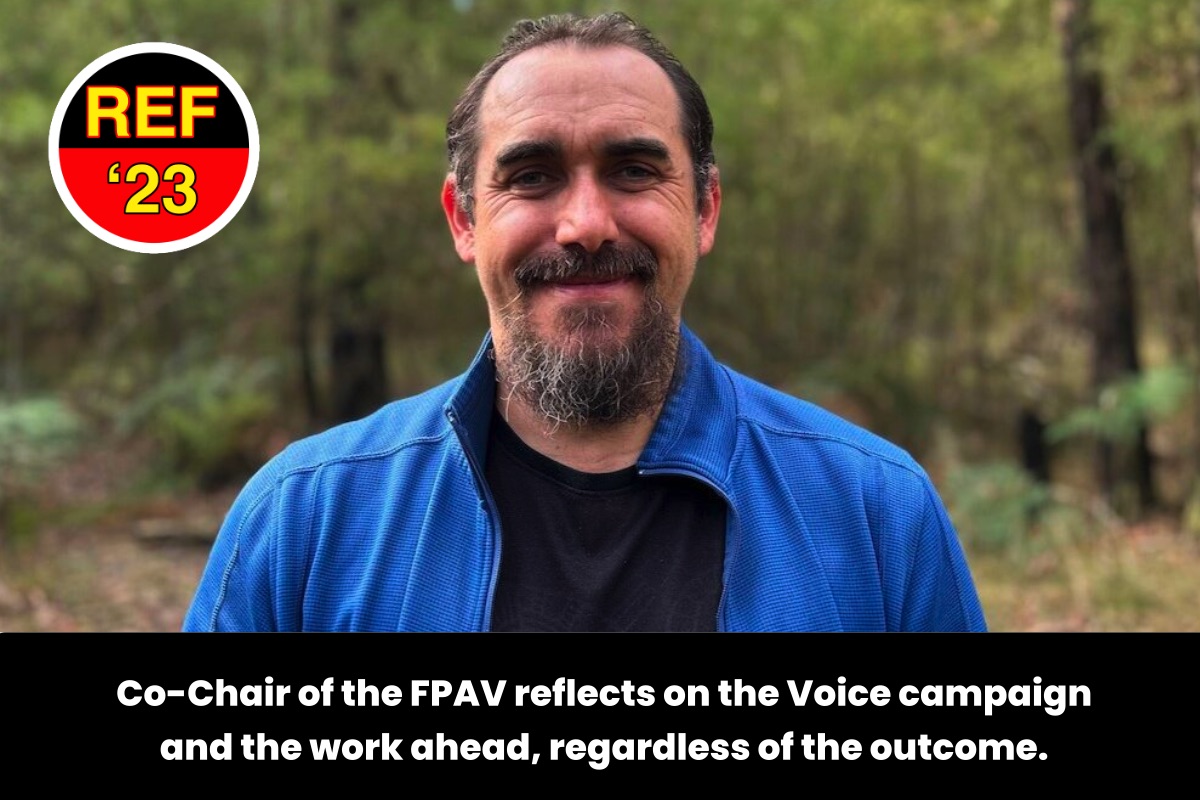
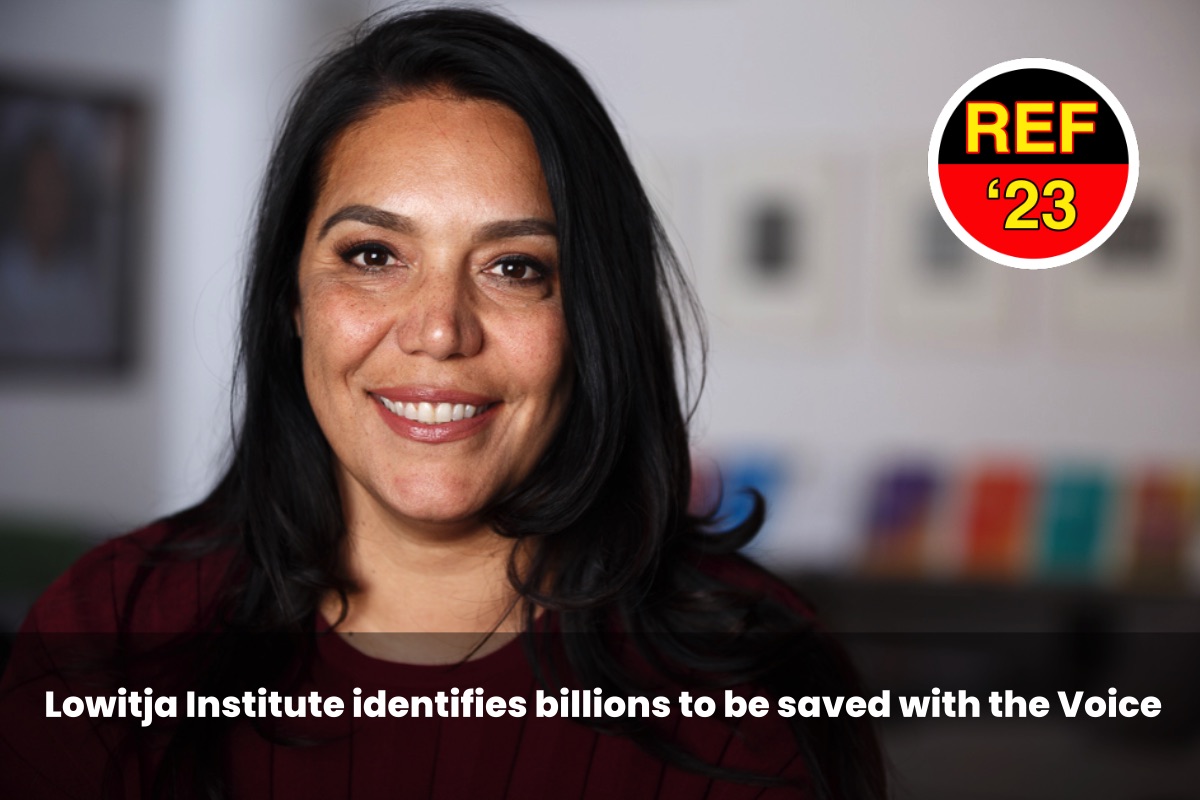
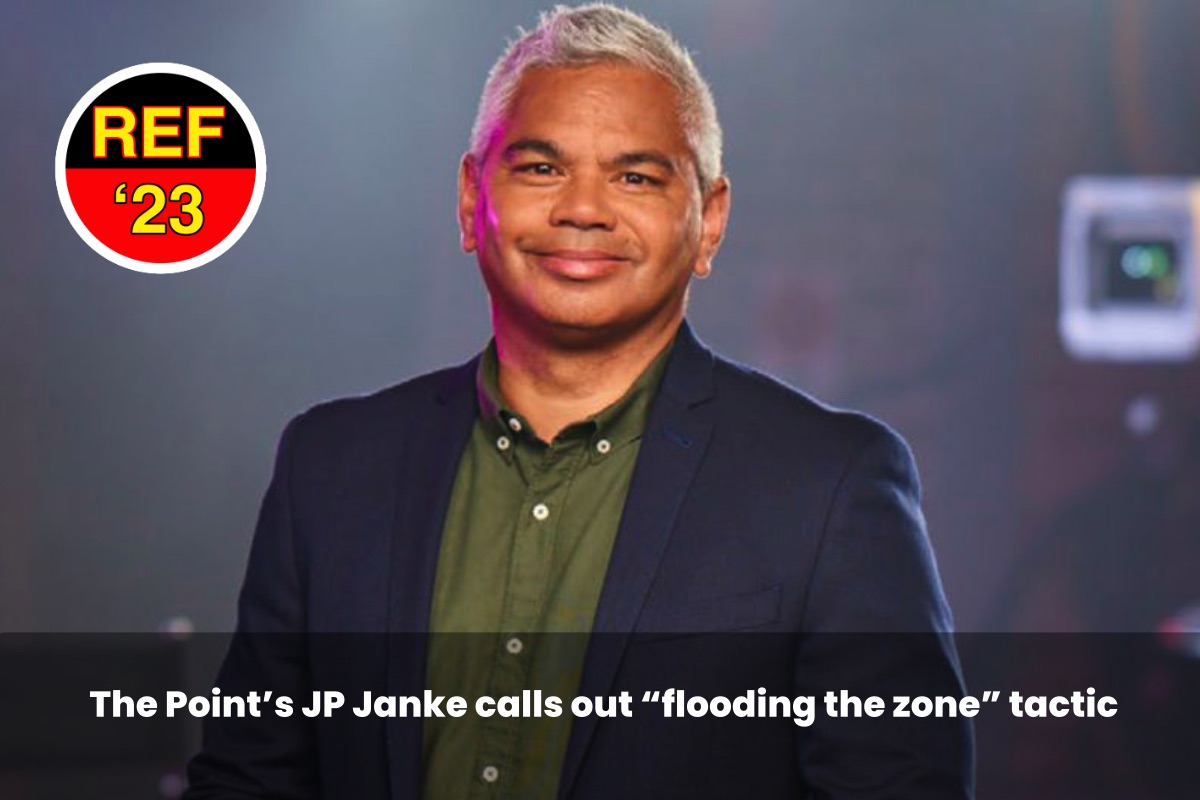
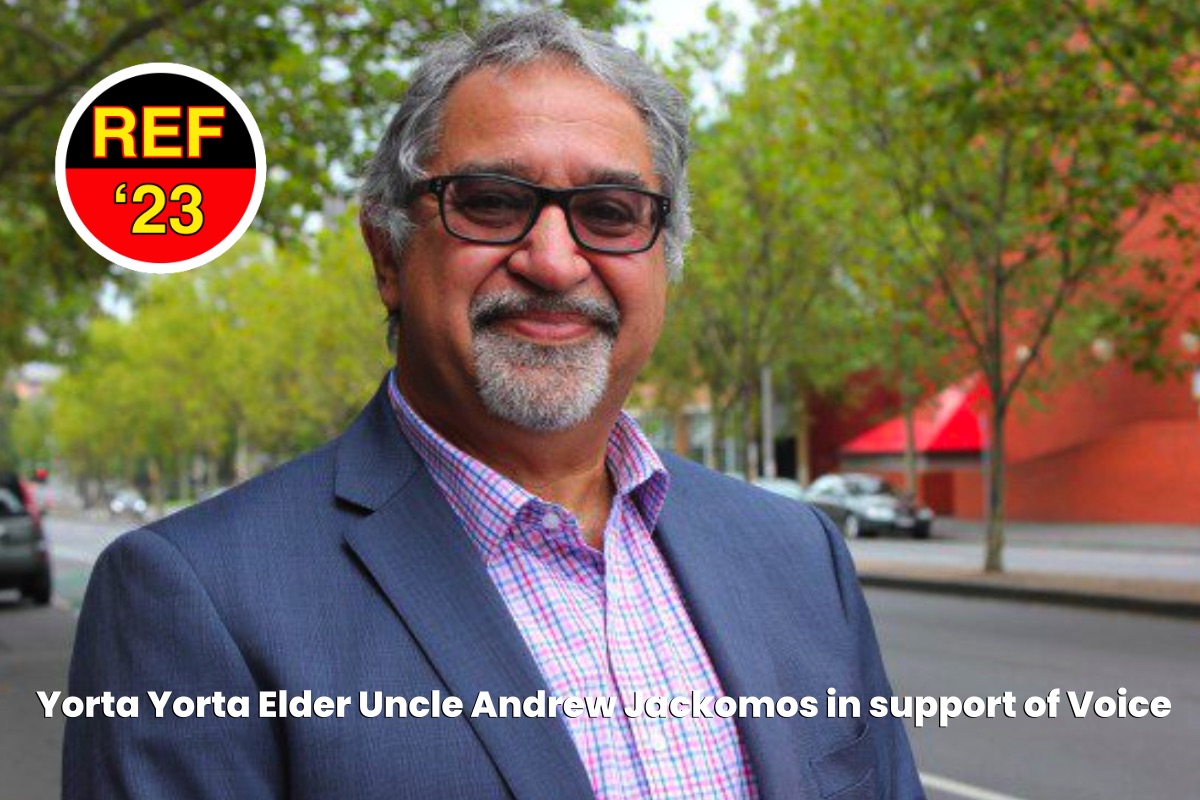
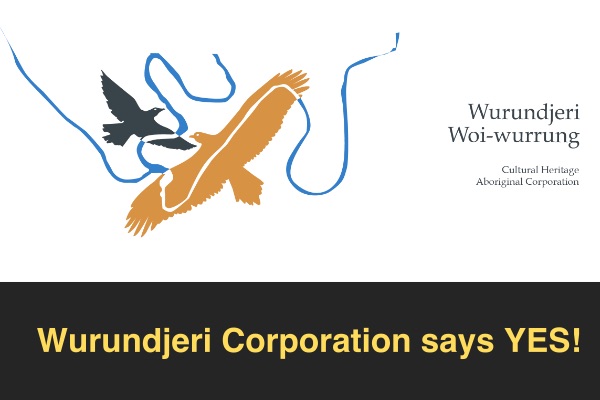

0 Comments